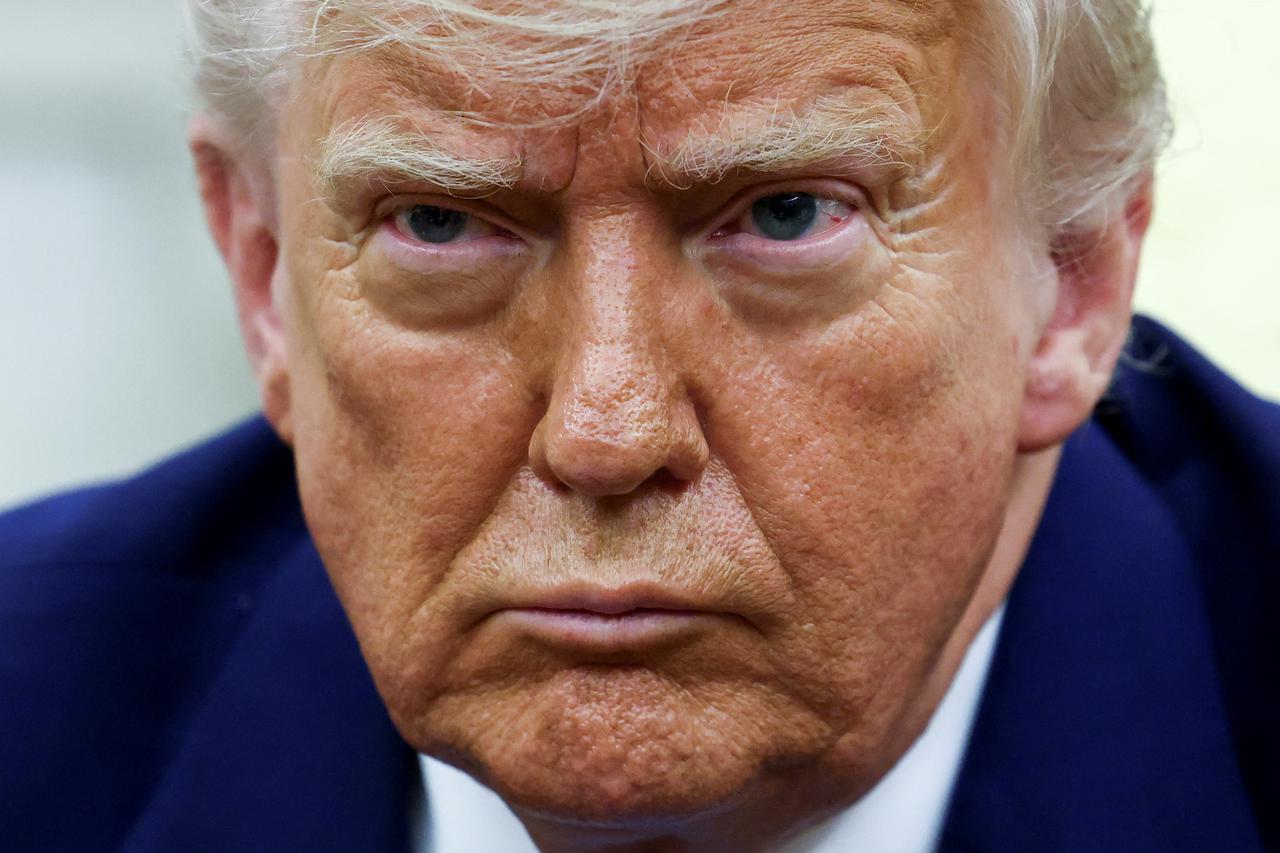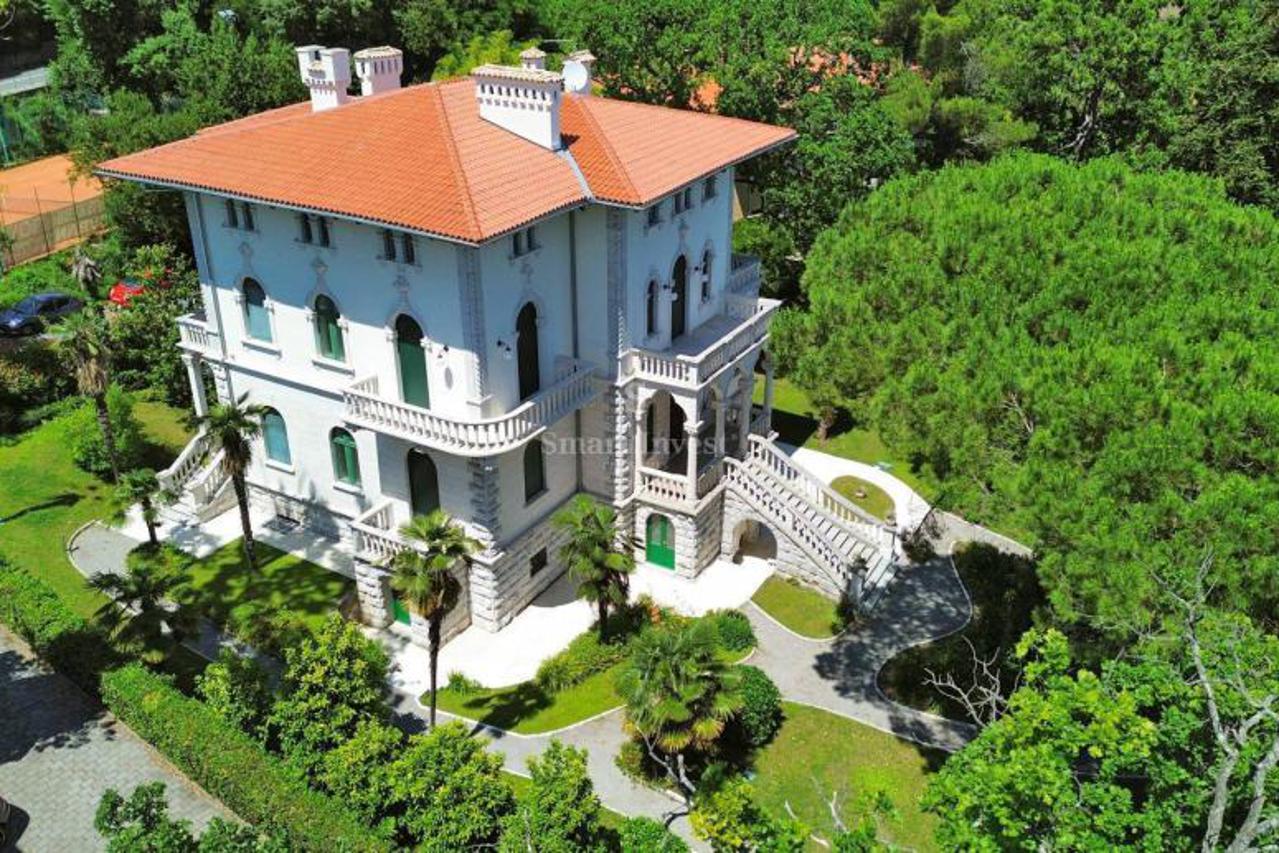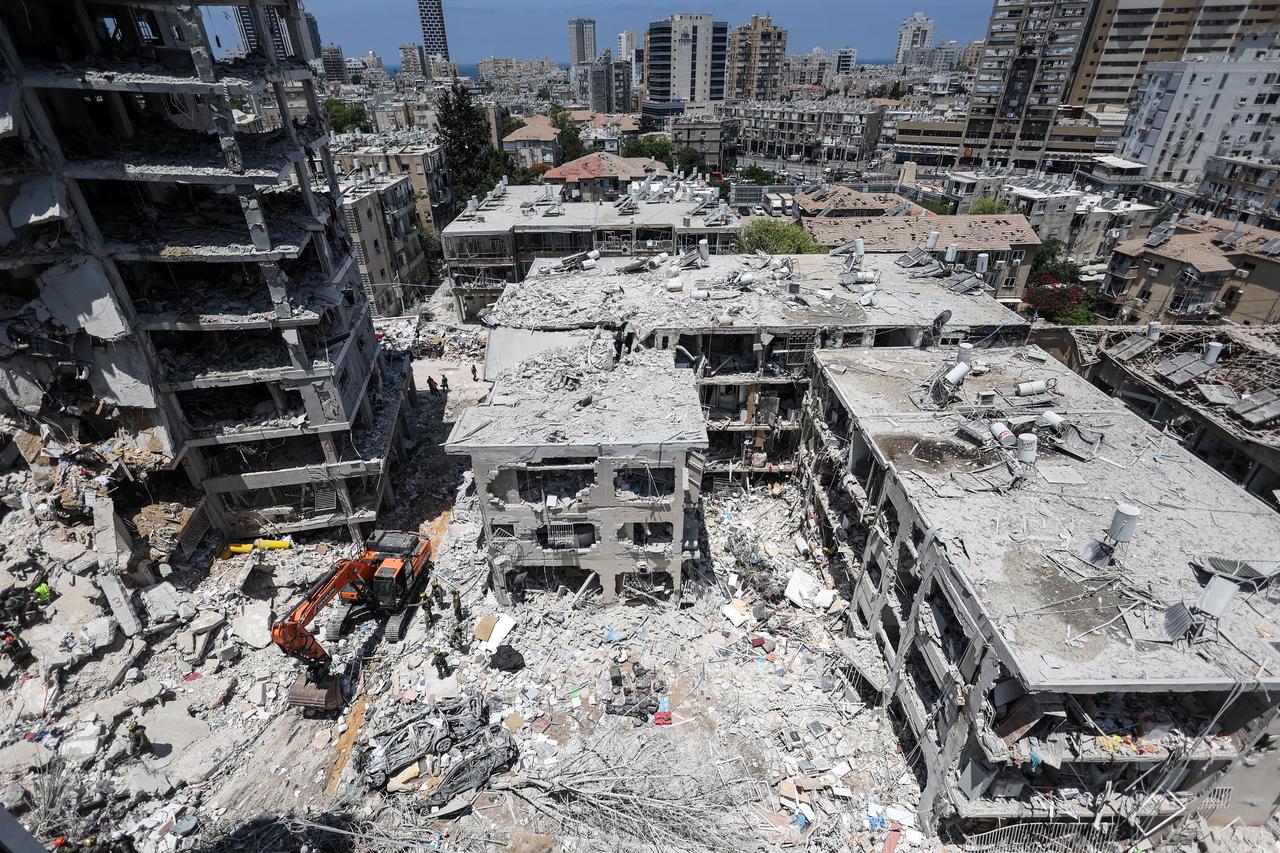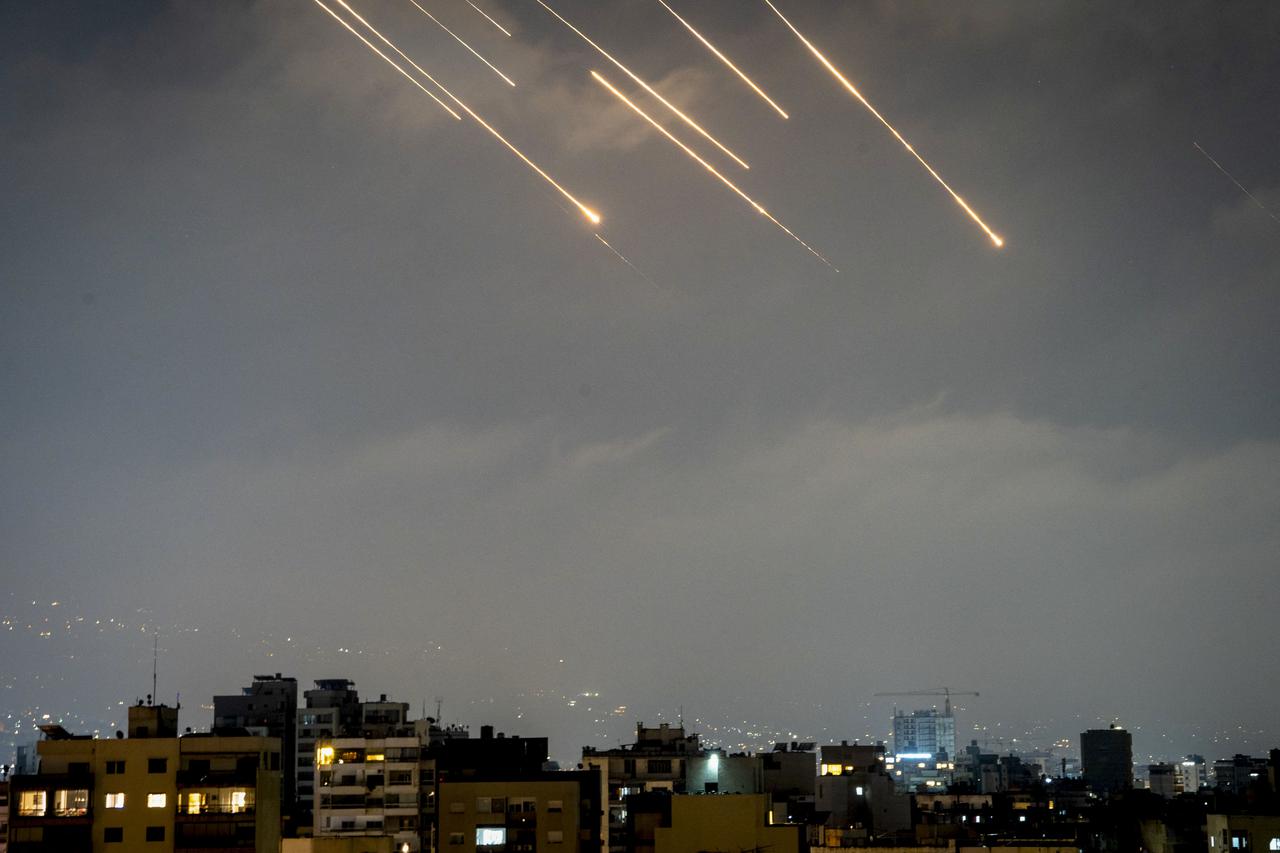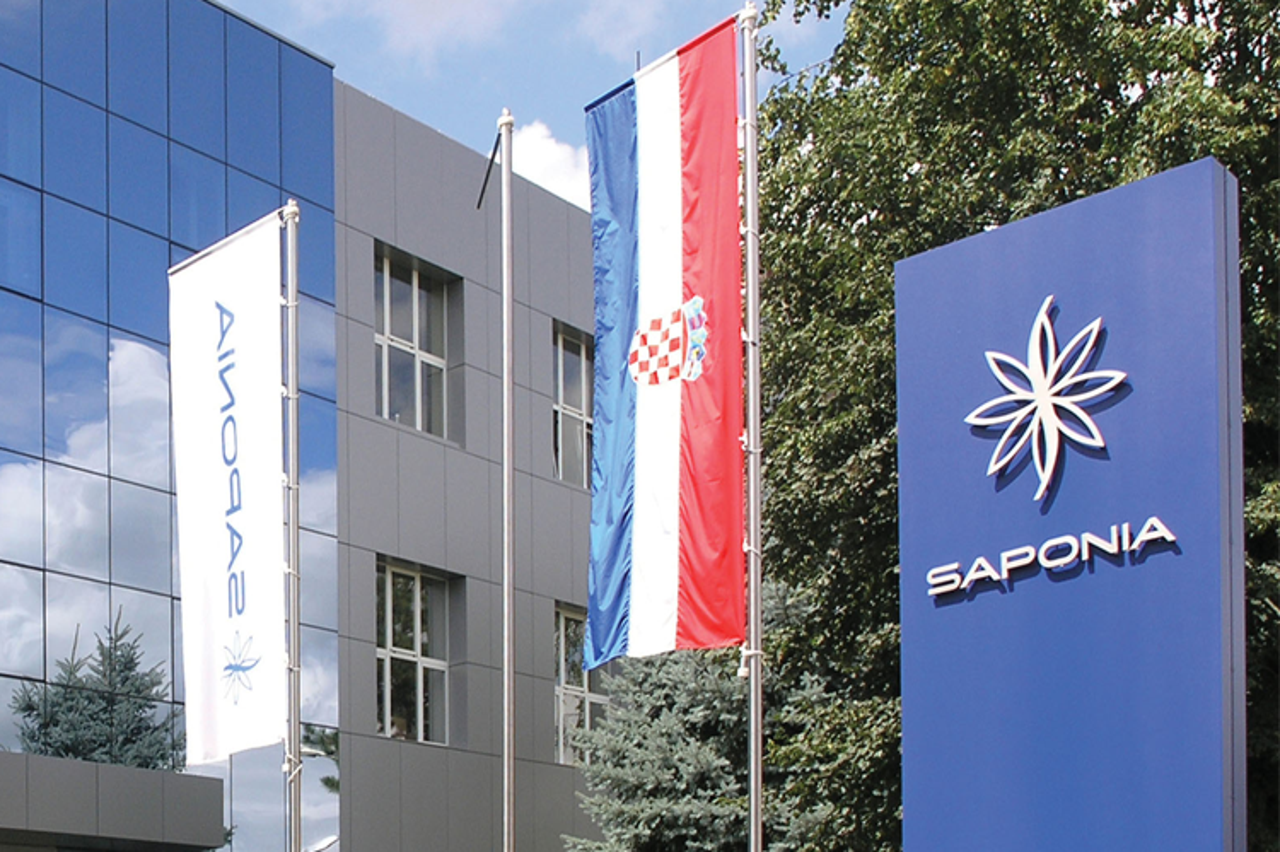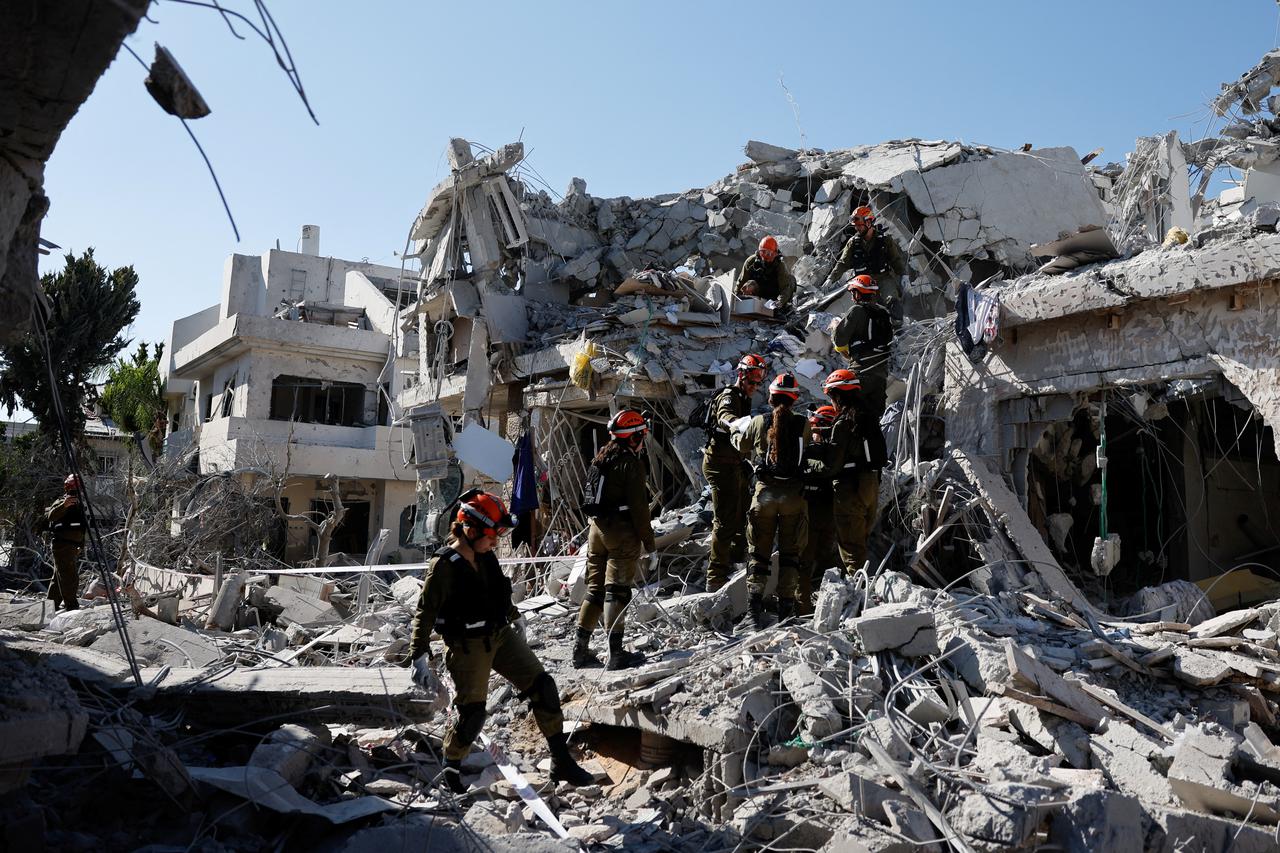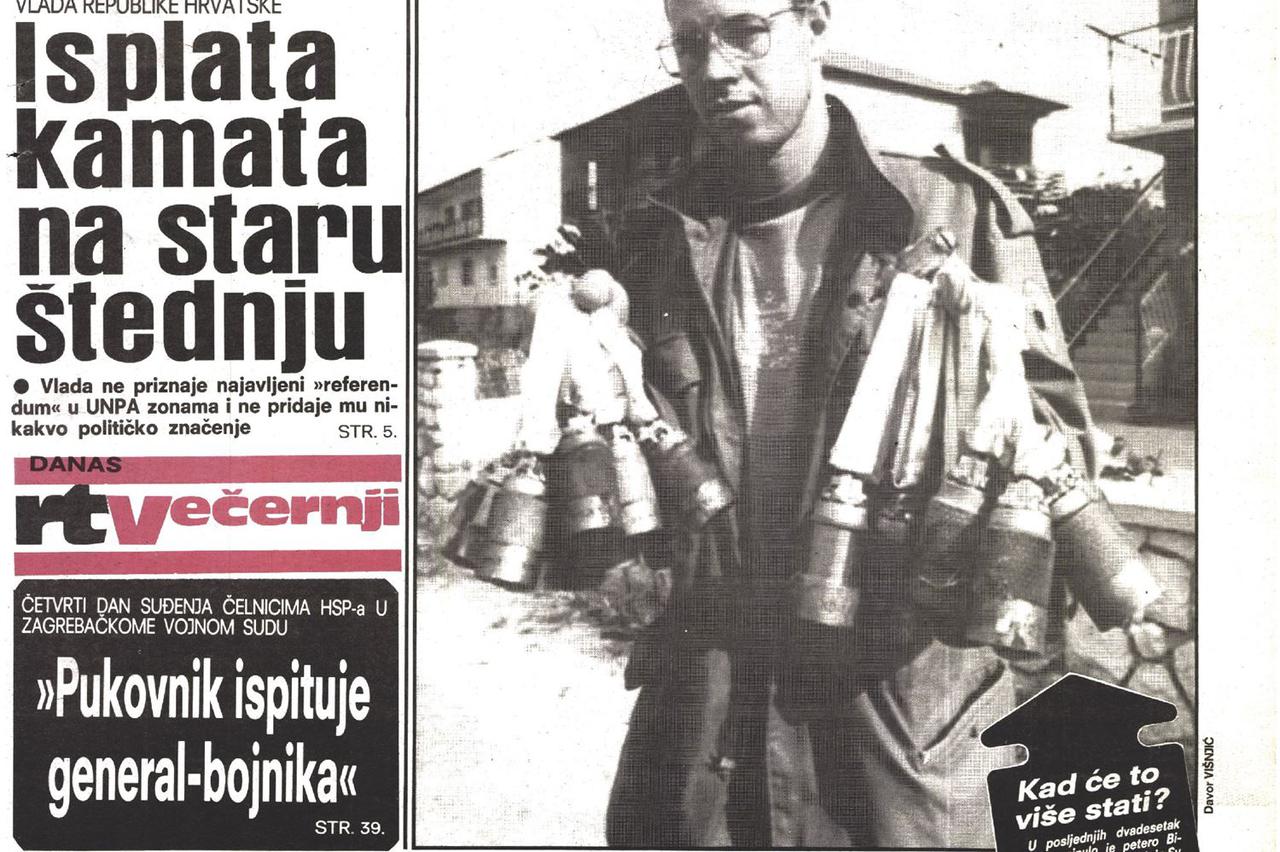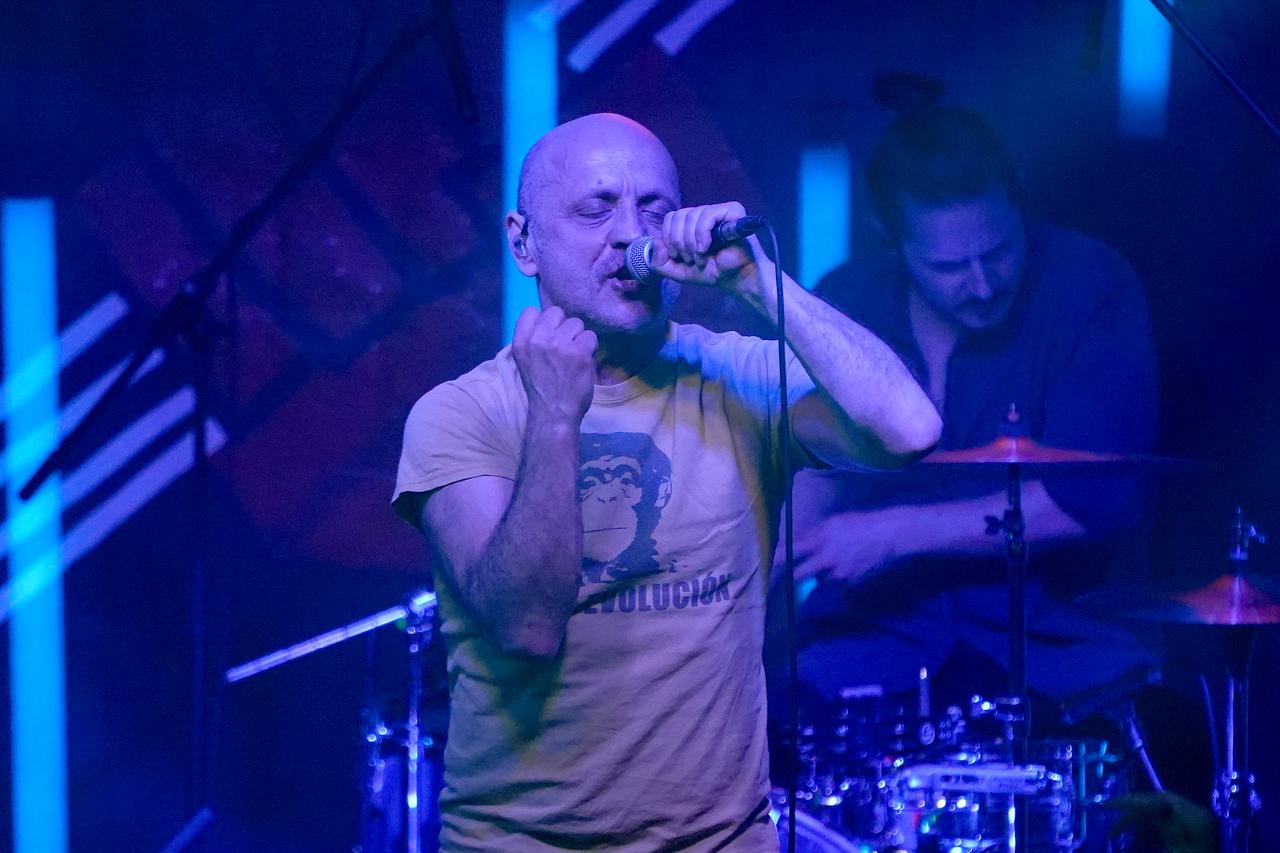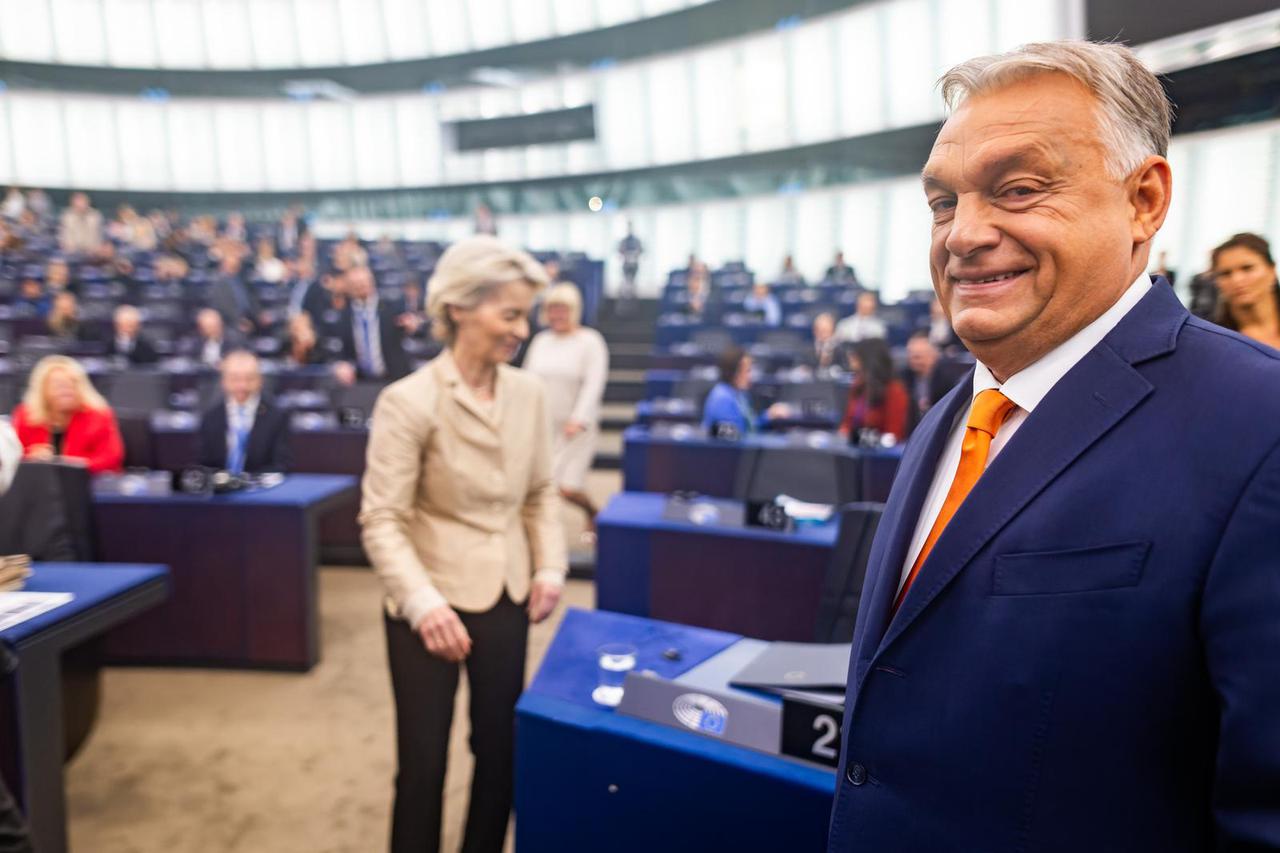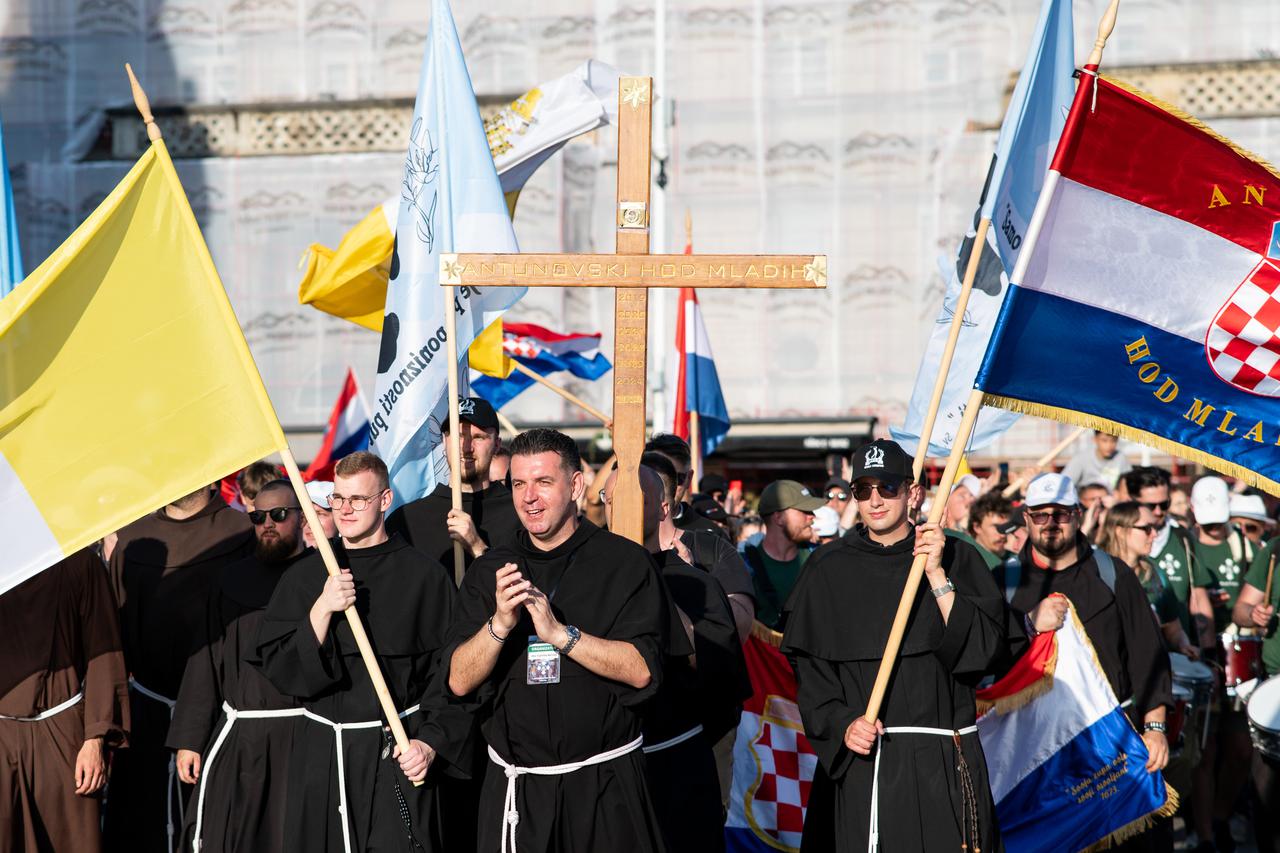The main article and related sources report on the difficult situation of the Social Democratic Party of Croatia (SDP) following local elections. SDP suffered significant losses in traditional strongholds such as Rijeka, Sisak, and Split, while retaining Zagreb thanks to a coalition with the Možemo party. There is internal dissatisfaction and a call for change within the party, including demands to open up the party and bring in new people. Reports also point to broader political instability and challenges in Croatia, including diplomatic tensions and criticism of the government. Different political sources emphasize different aspects: left-leaning sources focus on SDP’s internal problems and the need for reforms, centrist sources highlight political dynamics and coalitions, while right-leaning sources emphasize SDP’s losses and criticize their policies.
Political Perspectives:
Left: Left-leaning sources emphasize the internal struggles within SDP, highlighting the need for reform, renewal, and listening to citizens. They focus on the party’s failure to connect with voters and the necessity to bring in new leadership and ideas to regain trust and relevance.
Center: Centrist sources present a balanced view, acknowledging SDP’s electoral losses but also noting their retention of Zagreb through coalition strategies. They discuss the broader political context, including coalition dynamics and the challenges faced by all parties in a fragmented political landscape.
Right: Right-leaning sources focus on SDP’s electoral defeats as evidence of the party’s declining influence and criticize their political strategies. They highlight the loss of traditional strongholds and question SDP’s ability to offer a credible alternative to the ruling parties.








